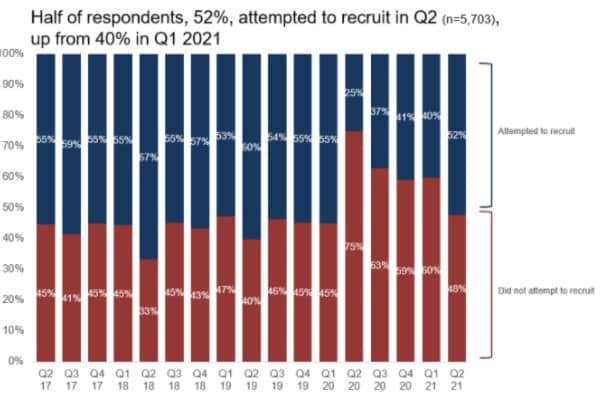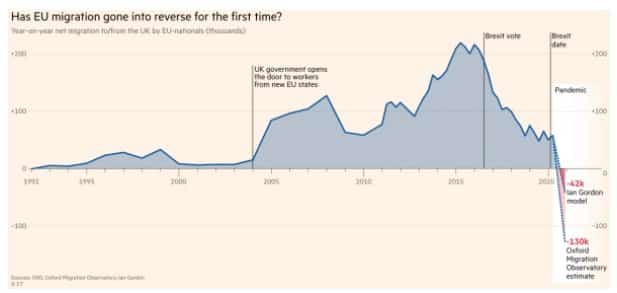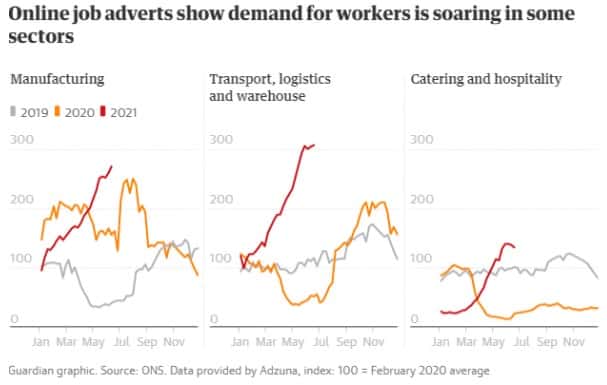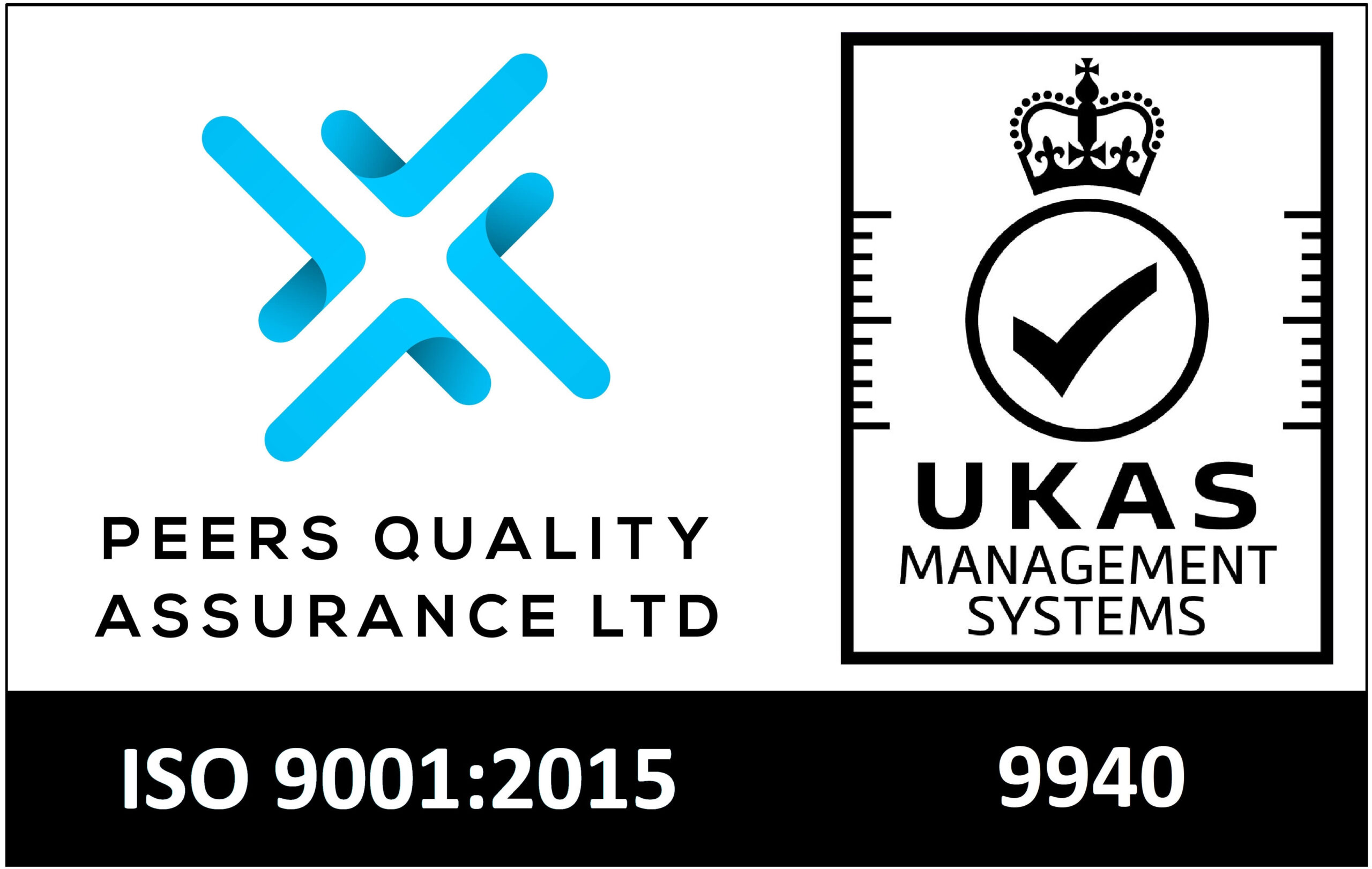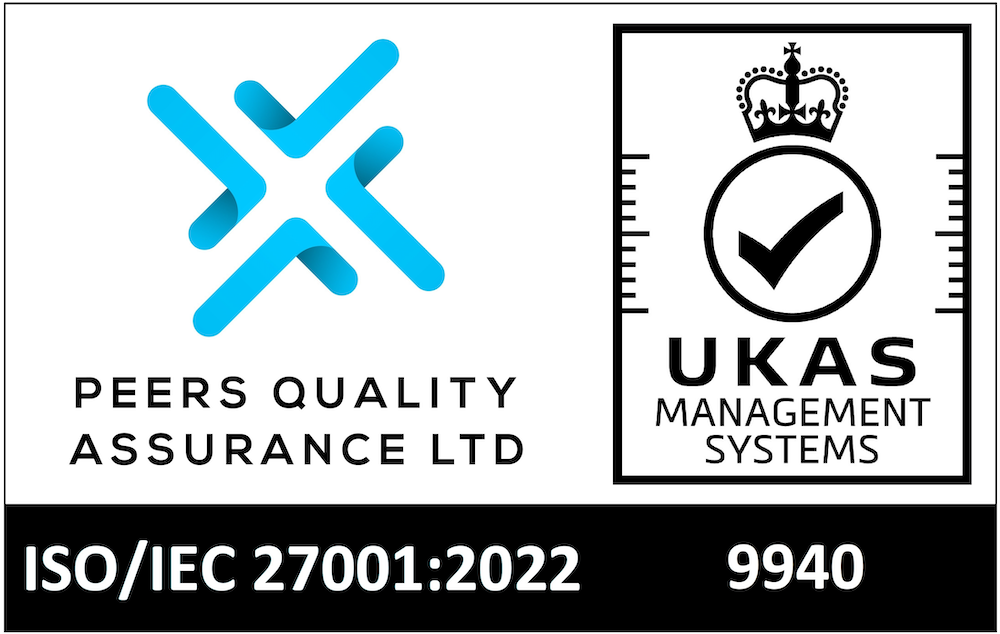Author: Joey Lyons
As the UK emerges from a series of COVID lockdowns, it has been surprising to see that the predicted rise in unemployment hasn’t yet appeared.
Contrary to many analysts’ predictions, employers are now reporting skills shortages with difficulties recruiting and retaining good quality staff.
So what can employers do if they need to expand their workforce?
COVID and Brexit mean more job vacancies
It’s hardly surprising to find that in the latest Hays salary review 88% of employers expect their activity to increase or remain the same in the next year and so this naturally reflects on the employment marketplace.
Source: Chamber of Commerce quarterly recruitment outlook
As companies begin to ramp up their output, so the need for more staff grows and in a perfect storm of COVID and post-Brexit negative migration, companies have found themselves in a very competitive place.
As the table below shows, EU migration dropped sharply post 2016 suggesting that the increased cost and difficulty of settling in the UK has had an impact.
Source Financial Times
Alongside this, in the year to March 2021, the number of visas issued for entry to the UK dropped by 78% compared to the previous year showing that Covid has had a profound effect on the available workforce.
So with fewer people available to work and employers increasingly wanting to ramp up their activity, we can see that a candidates’ market is the inevitable outcome.
What can employers do?
It’s stating the obvious but the only two courses of action are to either retain the staff you have or to make your offer more attractive to new joiners.
The good news is that the market is already providing some clues as to how you can achieve this and what employees are looking for from their bosses.
So what can you do to attract and retain talent? Here are 5 initial steps;
1 – Understand the reasons why
There are two reasons people leave their jobs that regularly top any survey of the employees; money and work/life balance.
But the evidence shows that actually, many employers misunderstand the reasons why people are leaving their roles.
In a recent survey, software provider Personia found that when they compared the attitudes of employees and HR staff, almost twice as many employees cited a toxic workplace culture as a reason to leave than the HR professionals that had to replace them.
This suggests a wide disconnect between what HR think are the reasons people are leaving and the real issues.
Similarly, a lack of career progression opportunities (29%) and appreciation for the work they do (29%) were also cited by employees as significant causes but the HR decision-makers felt that these were less significant at just 17% and 15% respectively
We’ll look at the reasons in more detail below but there’s an important point here.
If you don’t understand why people are leaving, or why they don’t join in the first place, then you don’t have a snowball’s chance in hell of formulating a strategy to attract and retain talent.
So the first port of call before you do anything else is to understand your people.
2 – Money
Some say it’s the root of all evil and with analysts suggesting that inflation is likely to soar in the next few years, money is always going to be a major factor in anyone’s decision-making process.
The problem here is that in a fast-moving jobs market, the rate for the role you are advertising may be rising rapidly meaning that the simple reason you aren’t receiving as many applications as you expect is that your competitors are outbidding you at the advertisement stage.
Keeping close to your recruiter will naturally help here as will regularly watching job ad sites for the types of roles that you are recruiting for.
Now we’re not suggesting that you should base your entire recruitment and retention strategy simply on paying more than the market rate, after all, that just means that someone bigger can come along and pay more and the people who joined you for money are likely to leave you for the same reason.
But what we are saying is that unless you are competitive you’ll have trouble even getting to the point where you can tell them about your lovely culture and the cakes on Friday.
3 – Speed
In a tightening jobs market, money isn’t the only thing that changes.
The speed to hire is an important factor in the hiring process and the truth is that if you take four weeks to do a CV sift and three weeks to go through the interviews and then another two weeks to issue a start date then it is likely your preferred candidate will have accepted another offer in the meantime.
In a recent Accountancy Age article, Matthew Lawford, operations director at specialist accounting recruitment firm AJ Chambers highlighted the speed issue; “I think we’re seeing hiring volatility and a process change. A lot of firms have had to be much quicker,” he says. “Even now, those who feel like their processes are quite slick are still losing out on talent.”
So now is the time to look at the nuts and bolts of your hiring & pre-employment screening processes and make sure that you are going from ad to offer in as short a time as possible.
4 – Flexible working
Any HR professional worth their salt will have been aware of the sea change in working practices that has occurred due to the COVID lockdowns.
Companies have had to find new ways to work when their employees can’t get into a central office and this has meant that the infrastructure is now in place to allow effective and efficient remote working.
The interesting thing is that employees are telling us that they love the flexibility that comes from home-working.
In their annual Recruiting Trends survey for 20211, recruitment group Hays report that 67% of people would prefer to be working in a hybrid way in 12 months time with some homeworking mixed in with a proportion still spent in the office.
What has been interesting is the widespread negative reaction to employers that have sought to enforce old ways of working post-lockdown.
For example, Apple’s Tim Cook mandated that people should return to the office and the reaction went viral with Apple employees complaining that “Over the last year we often felt not just unheard, but at times actively ignored”
A recent Deloitte study showed that 94% of people feel that there are benefits from working at home including less stress, better productivity, increased job satisfaction and better morale.
The same report shows that where employers provide flexible working 82% of people make use of the facility showing the popularity of the measure.
So making use of the terrific investment that employers have made in tech in the last few months makes complete sense.
5 – Toxic culture
So this is the biggie and the truth is that it’s not one that a single person can change but if you have a toxic culture then you will probably be able to recruit people but retention is going to be a problem in a candidates’ market.
The best advice here is to highlight to senior management with empirical evidence the effect that a toxic culture has on the bottom line.
The more people you have to recruit, the more your advertising and recruiter fees will cost and the less efficient your workforce is going to be.
Conversely, people will work for less money and fewer benefits if they believe in the mission, hence why salaries are so low in the charity sector.
The best you can do is to make the case and practice what you preach in terms of culture.
In summary – watch this space
So the jobs market is changing rapidly and we can expect that sourcing experienced, qualified and suitable candidates is going to become more difficult before it gets any easier.
The trick is to make sure you are regularly scanning the recruitment environment to ensure that your offers are at the very least competitive.
A shout out here to creativity too. You don’t have to be thinking solely in terms of offering more money and better pension contributions than your competitors, you just need to think creatively about how you can make your company more attractive.
If you’d like to find out how we can help you speed up your recruitment process by providing class-leading background, qualifications and reference checking then call us now on 0144 281 6333 or fill in the form and we’ll get right back to you.

